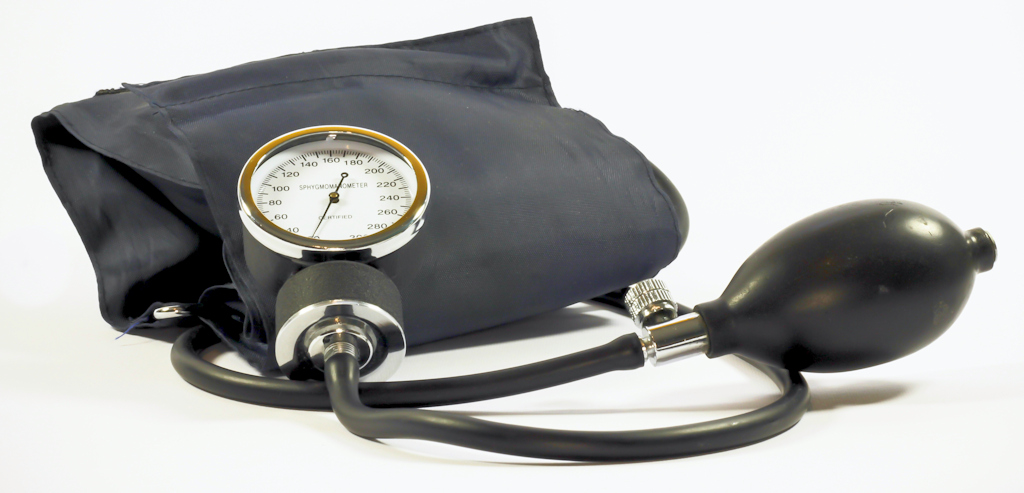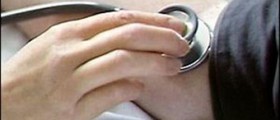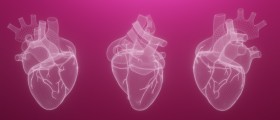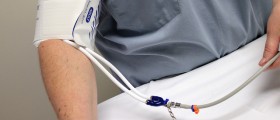What is Neurally Mediated Hypotension?
There are the various conditions that can lead to low blood pressure as well as high heart rate, but there is one that is frequently diagnosed as the cause when followed by symptoms as intense as the following.
Some of these symptoms include lightheadedness, strong headaches, aching in the muscles, as well as nerve pain, increased sweating, weariness, pain in the chest followed by heart racing, nausea and sometimes even the inability to walk properly.

The condition that is likely to manifest itself with significant decrease in the blood pressure followed by these symptoms is called Neurally Mediated Hypotension. The reason for this is some sort of malfunction in the communication between the heart and the brain. This problem is sometimes related to the amount of blood traveling from the brain to the heart is insufficient, while other times it is the heart that has difficulty receiving it.
Several strategies are available for treating neurally mediated syncope. The patient should be assured of the condition's benign nature. However, neurally mediated syncope can affect the patient's quality of life and can pose a hazard during driving or in certain high-risk occupations. The condition may be controlled by an increased fluid and salt intake and avoidance of triggering factors such as dehydration, extreme heat, alcohol consumption, and prolonged standing. For patients with frequent episodes, orthostatic tilt training may be useful. Treatment options are:
- Beta Blockers. Because beta blockers such as metoprolol or atenolol are effective and safe, with relatively few side effects, they are preferred for initial therapy. In preventing hypotension and bradycardia, these drugs' paradoxical effect is believed to arise from their blockage of catecholamines, which sensitize the receptors of the afferent limb of the reflex.
- Alpha Agonists. These drugs exert their effect peripherally by increasing vascular resistance and decreasing vascular capacitance. Potential side effects of alpha agonists include hypertension, paresthesia, urinary retention, “goose bumps,” hyperactivity, dizziness, tremor, and nervousness. A prototype of this drug group is midodrine, which has proved to be effective in randomized clinical trials.
- Selective Serotonin Reuptake Inhibitors. Serotonin is a CNS neurotransmitter that regulates many functions, including those of the cardiovascular system. In animals, intravenous or intracerebral injection of 5-hydroxy-tryptophan, the precursor of serotonin, abruptly lowers the blood pressure and heart rate.
- Fludrocortisone. Fludrocortisone is a mineralocorticoid that increases blood volume by augmenting renal sodium absorption. By sensitizing alpha-adrenergic receptors, it may also increase the vasoconstrictive peripheral vascular response.
- Anticholinergic Agents. Disopyramide, scopolamine, and propantheline counteract the high level of vagal activity associated with neurally mediated syncope. Side effects include dry mouth, blurred vision, confusion, disorientation, and urinary difficulty.
- Pacemaker Therapy. Pacing is useful in patients with hypersensitive carotid sinus syndrome and neurally mediated symptoms associated with severe, recurrent syncopal episodes. According to guidelines published by the American College of Cardiology/American Heart Association, the following condition is considered a class I indication for pacemaker therapy: recurrent syncope caused by carotid sinus stimulation when minimal carotid sinus pressure induces ventricular asystole lasting for more than 3 seconds in the absence of medication that depresses sinus-node or AV conduction.
Regrettably, Neurally Mediated Hypotension is a condition that is almost without exception followed by some other kind of nervous system disorder. This is because of the fact that when the autonomic nervous system is in jeopardy, as a result of the previously mentioned condition, its problems may affect some of the other organs that it is controlling.
However, lines are not always clear between these conditions as many of their symptoms overlap.
Conditions That May Result From Neurally Mediated Hypotension
Chronic orthostatic intolerance is one of these conditions. Its symptoms include lightheadedness, exhaustion and problems with vision, even blackouts, as well as inability to preserve proper body temperature, frequent hyperventilation, and of course, low blood pressure and high heart rate.
Another condition that may arise is postural orthostatic tachycardia syndrome. Its symptoms are very similar to the ones of the two previously mentioned conditions, from faintness and blurred vision, to weariness, chest pain and severe headaches, to low blood pressure and heart racing. Some other symptoms involve problems with digestion and sleeping. This condition is likely to be discovered through some kind of inflammation or infection as they often take place once postural orthostatic tachycardia syndrome attacks the body.
Finally, neuropathy is another problem that may occur as a result of neurally mediated hypotension. Neuropathy is a term which covers a number of neurological disorders of variable severity. Neuropathy may involve any nerves in the body except those related to the brain and the spinal cord. It is likely to cause problems with the muscles, such as weakness, pain, swelling or itching. Aside from that and the problems with the blood pressure and heart rate, some of the symptoms include problems with the bladder and bowels, inability to breathe properly as well as problems with eyesight.

















Your thoughts on this
Loading...